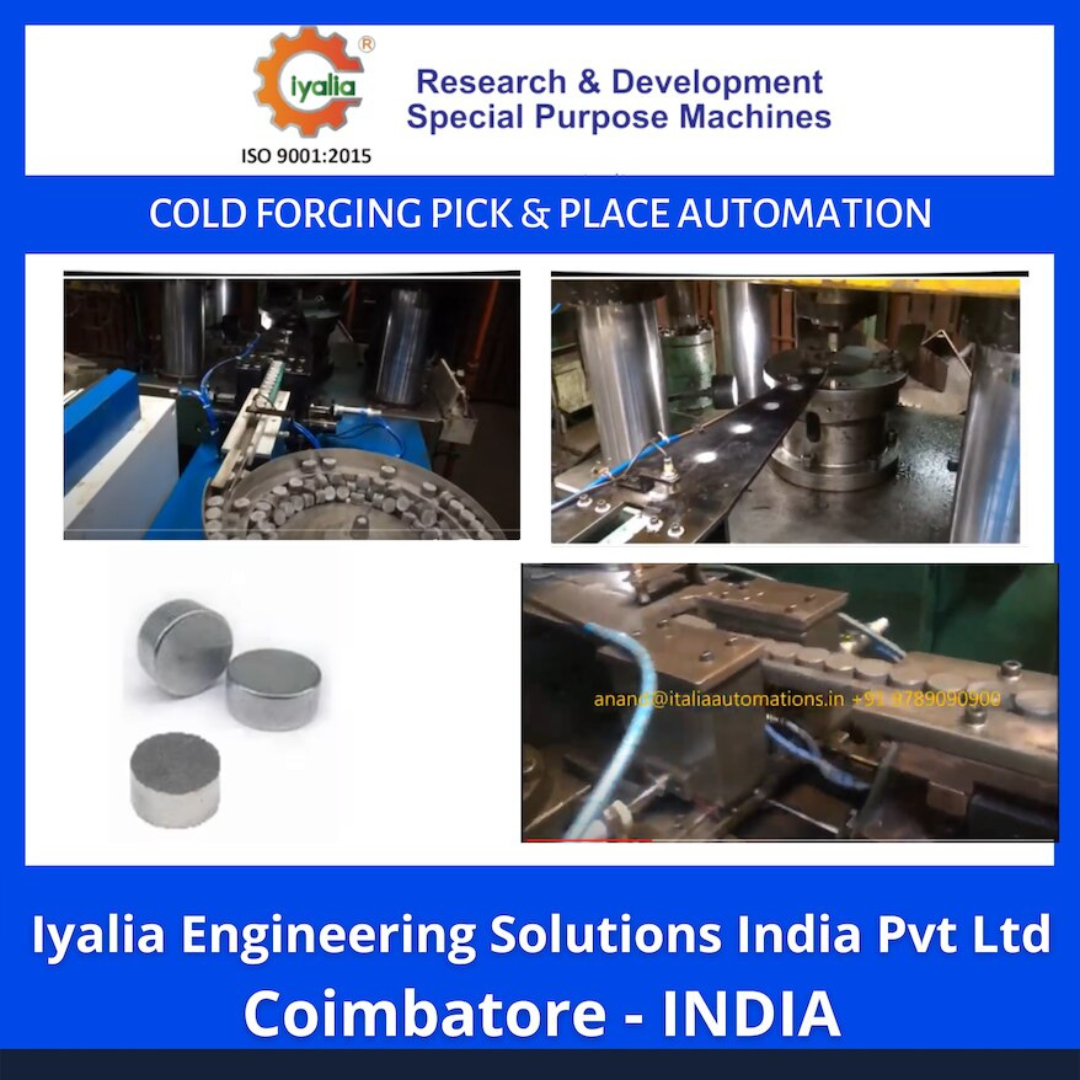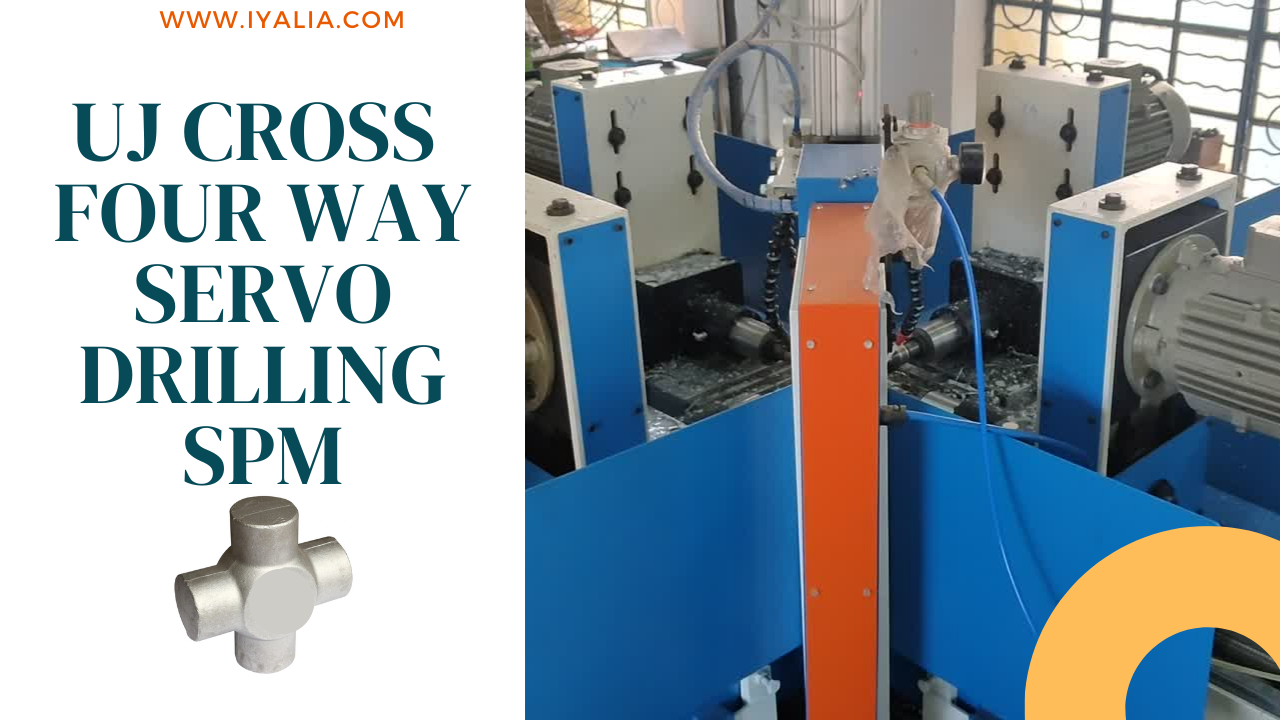
Forging automation will save manpower and increase productivity resulting profitability. Cost savings: In addition to reducing labor costs, forging automation can lead to overall cost savings in the long run. Automated systems are typically more energy-efficient, reducing energy consumption and associated costs. Further more in details, automation reduces the likelihood of human error, minimizing material waste and scrap. This helps optimize resource utilization and lowers production costs. Increased capacity: With automation, companies can significantly increase their production capacity.
Automated forging systems can operate continuously, 24/7, without the need for breaks or shifts. This allows manufacturers to handle larger order volumes and meet tight deadlines. The increased capacity also opens up opportunities for expanding the customer base and taking on more projects. Improved workplace safety: Forging can involve hazardous processes and heavy machinery. By automating these tasks, the risk of workplace accidents and injuries is significantly reduced. Workers are less exposed to dangerous conditions and can focus on supervising the automated systems and performing tasks that require human judgment and skill. This promotes a safer working environment and lowers the costs associated with workplace accidents.
Enhanced product consistency: Automation ensures that each forged part is produced with consistent dimensions, shape, and quality. Machines can precisely control parameters like temperature, pressure, and forging time, resulting in uniformity across the entire production batch. This consistency is critical for industries such as aerospace or automotive, where parts must meet strict standards and specifications. Faster time to market: Automation reduces production cycle times, allowing manufacturers to bring products to market more quickly. With streamlined processes and optimized workflows, companies can respond rapidly to customer demands and market trends. further adding, This agility gives them a competitive edge and increases their chances of capturing new business opportunities.
Continuous process improvement: Automated forging systems generate valuable data on process parameters and performance. All these data can be analyzed to identify areas for improvement, such as optimizing cycle times, reducing energy consumption, or fine-tuning process variables. By leveraging this data, manufacturers can implement continuous process improvement initiatives, enhancing efficiency and driving cost savings over time. Integration with digital technologies:
Forging automation can be integrated with digital technologies like artificial intelligence (AI), machine learning, and data analytics. These technologies enable predictive maintenance, real-time performance monitoring, and advanced quality control. By leveraging the power of digitalization, manufacturers can further optimize their operations and achieve higher levels of productivity and profitability. In summary, forging automation brings a range of benefits including cost savings, increased capacity, improved safety, enhanced product consistency, faster time to market, continuous process improvement, and integration with digital technologies. These advantages make forging automation a valuable investment for companies aiming to boost their profitability and stay competitive in the industry.


